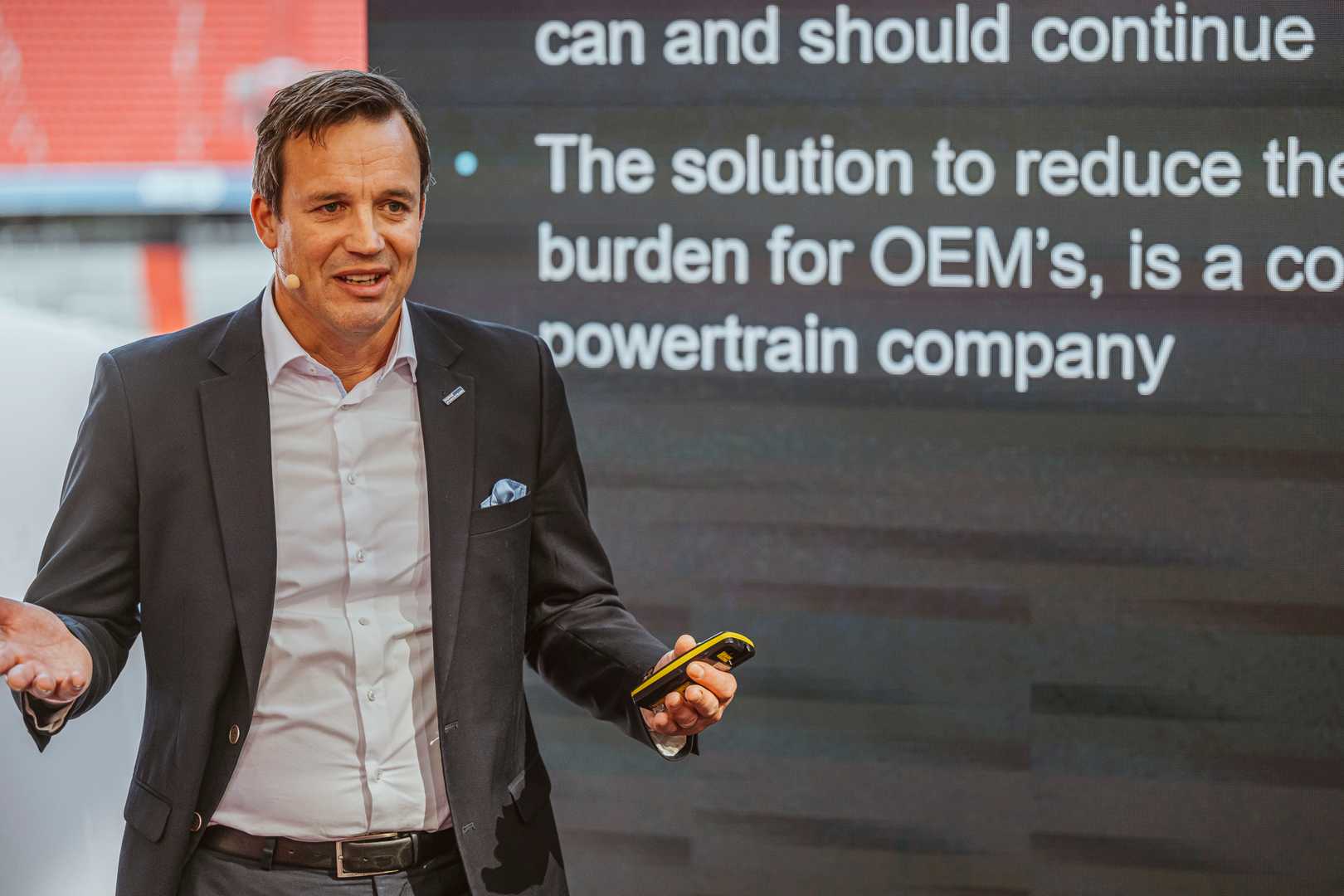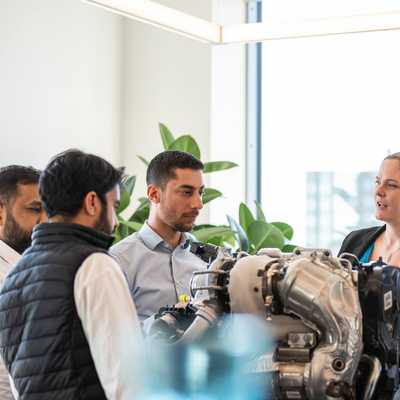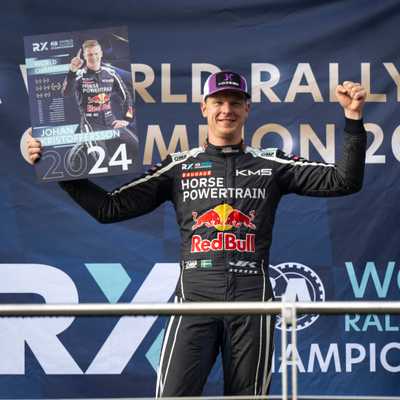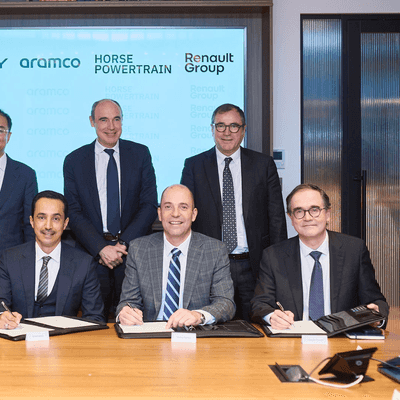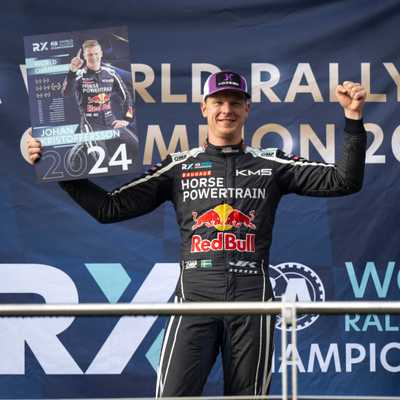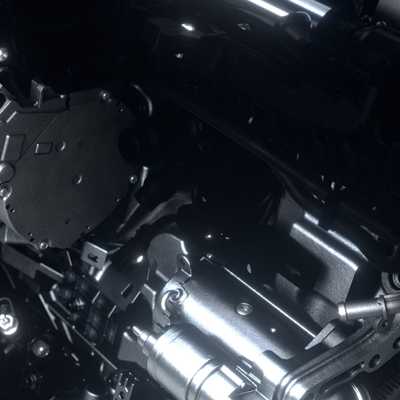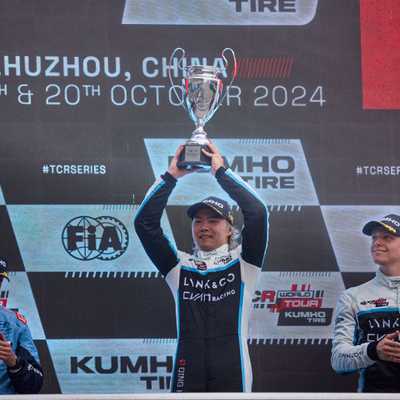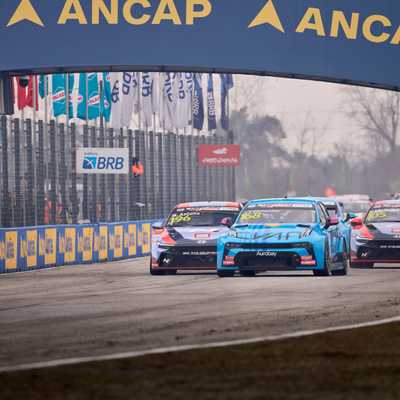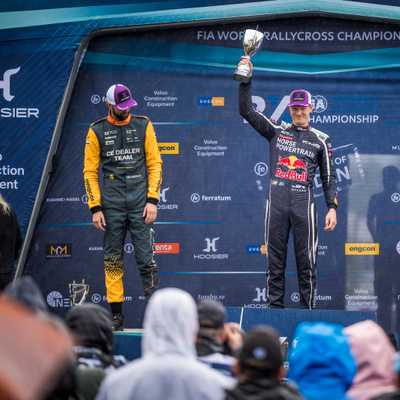Why the future of mobility is hybrid - A balanced path to net zero
At an industry congress in Germany, Michael Fleiss, CEO of Aurobay Sweden, a division of Horse Powertrain, emphasized the importance of a diversified approach to achieving net zero. He argued that hybrid technology, alternative fuels, and battery electric vehicles should be seen as complementary solutions in the automotive industry's path forward.
Artificial intelligence and hybrid technology took center stage at the 15th Auto Motor und Sport Kongress, where industry leaders, including Fleiss, presented alternative strategies that will power the future of mobility.
The two-day event, held at Munich’s Allianz Arena, brought together over 200 experts to debate the future of sustainable mobility and the role of technology in combating climate change.
During his presentation, Fleiss outlined a technology-agnostic vision for the future where next-generation hybrids and internal combustion engines (ICE) powered by alternative fuels, together with electrification, will shape the automotive industry.
"There is not just one solution for achieving net zero, there are many solutions," Fleiss told a large audience of industry experts. "We need the right energy sources to power combustion engines, fuel cells, range extenders, and battery electrics to meet the global net zero targets."
Fleiss argued that hybrid vehicles will hold a larger market share by 2030 than current projections suggest. While Europe is expected to lead in battery electric vehicle (BEV) adoption, other regions, especially those where charging infrastructure is not fully developed yet, will likely rely more on hybrid solutions.
Fleiss projected that battery electric vehicles alone would replace less than 15% of global oil consumption for mobility by 2040. To address this gap, he advocated for the development of alternative fuels as a necessary step in reducing the CO2 emissions of both current and future combustion engine fleets.
“E-fuels will have to come to substitute oil production,” Fleiss said, highlighting Aurobay as part of Horse Powertrain is working on improving fuel efficiency in combustion engines, with the goal of achieving over 50% efficiency using methanol or hydrogen.
Fleiss also showcased high-performance hybrid systems capable of delivering sports car-like acceleration while maintaining extended range and reduced fuel consumption.
He positioned Aurobay as a solution to the financial pressures faced by automakers, who are investing heavily in electrification, autonomous driving, and artificial intelligence.
As the automotive industry continues to debate the best strategies for reducing emissions, Fleiss’s presentation highlights that there is no one-size-fits-all solution when it comes to achieving net zero globally.
